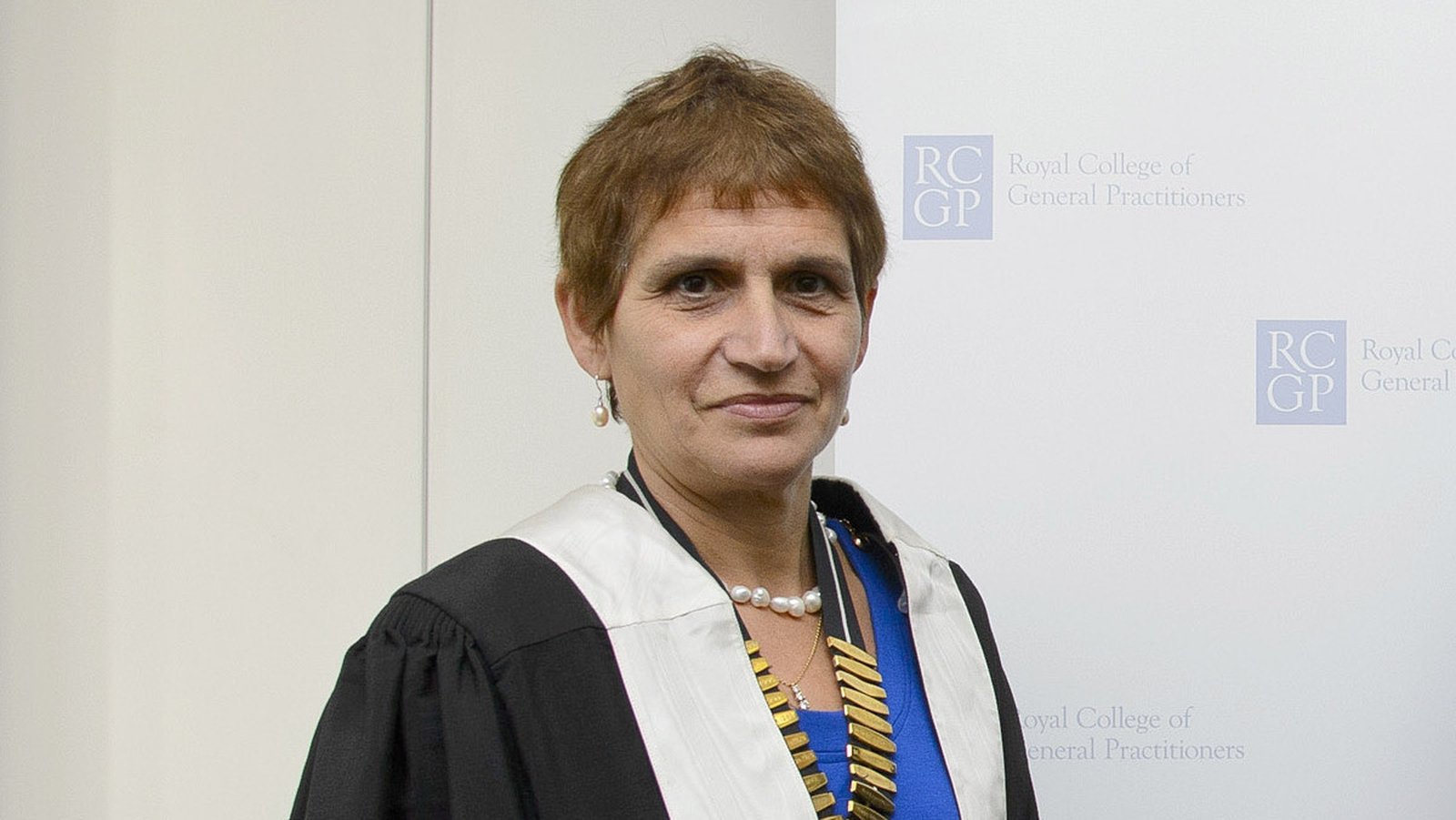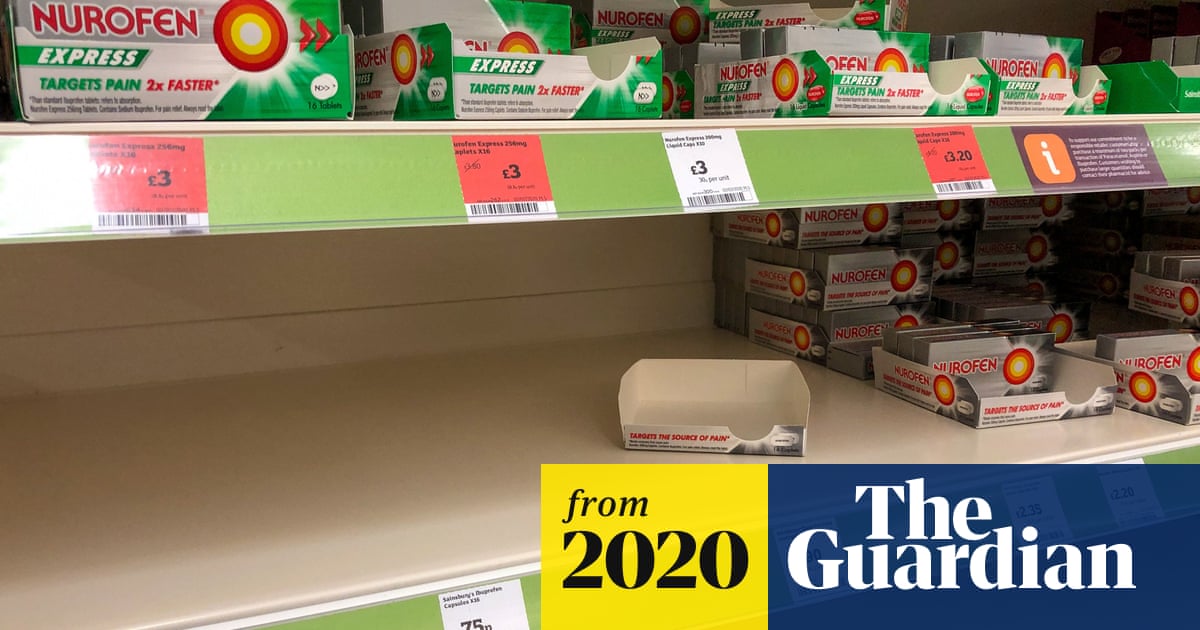You are using an out of date browser. It may not display this or other websites correctly.
You should upgrade or use an alternative browser.
You should upgrade or use an alternative browser.
What should I do if I get the virus?
- Thread starter DeeKie
- Start date
Eat well, sleep well and get plenty of exercise. Other than that this from the HSE gives the following advice;
Treatment for coronavirus
There is no specific treatment for coronavirus. But many of the symptoms of the virus can be treated.
Supportive treatments, like oxygen therapy, can be given while your own body fights the virus. Life support can be used in extreme cases.
If you get the virus, your healthcare professional will advise treatment based on your symptoms.
Antibiotics do not work against coronavirus or any viruses. They only work against bacterial infections.
Treatment for coronavirus
There is no specific treatment for coronavirus. But many of the symptoms of the virus can be treated.
Supportive treatments, like oxygen therapy, can be given while your own body fights the virus. Life support can be used in extreme cases.
If you get the virus, your healthcare professional will advise treatment based on your symptoms.
Antibiotics do not work against coronavirus or any viruses. They only work against bacterial infections.
And don't forget ... Stay at home if you are sick to help stop the spread of whatever infection you may have.

 www2.hse.ie
www2.hse.ie

Protect yourself and others from COVID-19
Advice on how to protect yourself and others from COVID-19 (coronavirus). What social distancing is and how to properly wash your hands.
have flu/fever medication in the house and lots of fluids
I don't think we've anything at home - In a non-hysterical, reactionary move, what would be a sensible measure to take here please?
Thanks.
neurofen or paracetamol or even uniflu - and lots of fluidsI don't think we've anything at home - In a non-hysterical, reactionary move, what would be a sensible measure to take here please?
Thanks.
France’s health minister on Saturday said people should not use anti-inflammatory drugs if they have coronavirus-like symptoms because it could worsen their condition. “Taking anti-inflammatory drugs (ibuprofen, cortisone ...) could be an aggravating factor for the infection. If you have a fever, take paracetamol,” Oliver Veran said on Twitter.
Source:

 www.reuters.com
www.reuters.com
Source:

France warns against use of anti-inflammatory drugs to tackle coronavirus
France's health minister on Saturday said people should not use anti-inflammatory drugs if they have coronavirus-like symptoms because it could worsen their condition.
"It feels as if your body in on fire"... RTE has an interview with a recovered coronavirus patient.
She did not require hospitalisation, advises to have lots of spare pyjamas due to the night sweats.

 www.rte.ie
www.rte.ie
She did not require hospitalisation, advises to have lots of spare pyjamas due to the night sweats.

'It feels as if your body is on fire' - Virus patient
Justin McCarthy speaks to Dr Clare Gerada, a UK-based GP who is recovering from the virus in self-isolation at home.
Another article in the Guardian on concerns: re use of ibuprofen and other NSAIDs:

 www.theguardian.com
www.theguardian.com

Health experts criticise NHS advice to take ibuprofen for Covid-19
Comments come after French authorities say such drugs could aggravate condition
Brendan Burgess
Founder
- Messages
- 52,167
Hi Geri
It's a good question and I would like to see some official documentation of the typical trajectory of a mild infection.
Note: I am not suggesting that this is what happens, but I would like to see something like this:
Day 1 - Contracts the virus
Day 5 - Starts a fever and dry coughing
Day 6 - GP verifies symptoms, assesses the risk and tells patient to self isolate and take paracetemol and contact them again if they have breathing difficulties .
Day 6 GP organises test
Day 7 - Tester arrives at patient's home
Day 9 - result comes back positive
Day 15 - symptoms start to recede
Day 20 - symptoms gone
Day 21 - A second test
Day 23 - Second test is negative
It's a good question and I would like to see some official documentation of the typical trajectory of a mild infection.
Note: I am not suggesting that this is what happens, but I would like to see something like this:
Day 1 - Contracts the virus
Day 5 - Starts a fever and dry coughing
Day 6 - GP verifies symptoms, assesses the risk and tells patient to self isolate and take paracetemol and contact them again if they have breathing difficulties .
Day 6 GP organises test
Day 7 - Tester arrives at patient's home
Day 9 - result comes back positive
Day 15 - symptoms start to recede
Day 20 - symptoms gone
Day 21 - A second test
Day 23 - Second test is negative
Brendan Burgess
Founder
- Messages
- 52,167
From the government website
Treatment
There is no specific treatment for COVID-19 (Coronavirus). However, many of the symptoms of the virus can be treated.
Drink plenty of water. Paracetamol or ibuprofen may help with symptoms such as pain or fever. Paracetamol is usually recommended as the first-line treatment for most people. Before taking any medication you should read the full package leaflet that comes with your medicine. You should also follow any advice a healthcare professional gives you.
If you get the virus, your healthcare professional will advise treatment based on your symptoms.
Antibiotics do not work against COVID-19 (Coronavirus) or any viruses. They only work against bacterial infections.
Supportive treatments, like oxygen therapy, can be given while your own body fights the virus. Life support can be used in extreme cases.
More information on treatment is available from the HSE.
Treatment
There is no specific treatment for COVID-19 (Coronavirus). However, many of the symptoms of the virus can be treated.
Drink plenty of water. Paracetamol or ibuprofen may help with symptoms such as pain or fever. Paracetamol is usually recommended as the first-line treatment for most people. Before taking any medication you should read the full package leaflet that comes with your medicine. You should also follow any advice a healthcare professional gives you.
If you get the virus, your healthcare professional will advise treatment based on your symptoms.
Antibiotics do not work against COVID-19 (Coronavirus) or any viruses. They only work against bacterial infections.
Supportive treatments, like oxygen therapy, can be given while your own body fights the virus. Life support can be used in extreme cases.
More information on treatment is available from the HSE.
Brendan Burgess
Founder
- Messages
- 52,167
The CDC says https://www.cdc.gov/coronavirus/2019-ncov/if-you-are-sick/steps-when-sick.html
- People with COVID-19 who have stayed home (home isolated) can stop home isolation under the following conditions:
- If you will not have a test to determine if you are still contagious, you can leave home after these three things have happened:
- You have had no fever for at least 72 hours (that is three full days of no fever without the use medicine that reduces fevers)
AND - other symptoms have improved (for example, when your cough or shortness of breath have improved)
AND - at least 7 days have passed since your symptoms first appeared
- You have had no fever for at least 72 hours (that is three full days of no fever without the use medicine that reduces fevers)
- If you will be testedto determine if you are still contagious, you can leave home after these three things have happened:
- You no longer have a fever (without the use medicine that reduces fevers)
AND - other symptoms have improved (for example, when your cough or shortness of breath have improved)
AND
you received two negative tests in a row, 24 hours apart. Your doctor will follow CDC guidelines.
- You no longer have a fever (without the use medicine that reduces fevers)